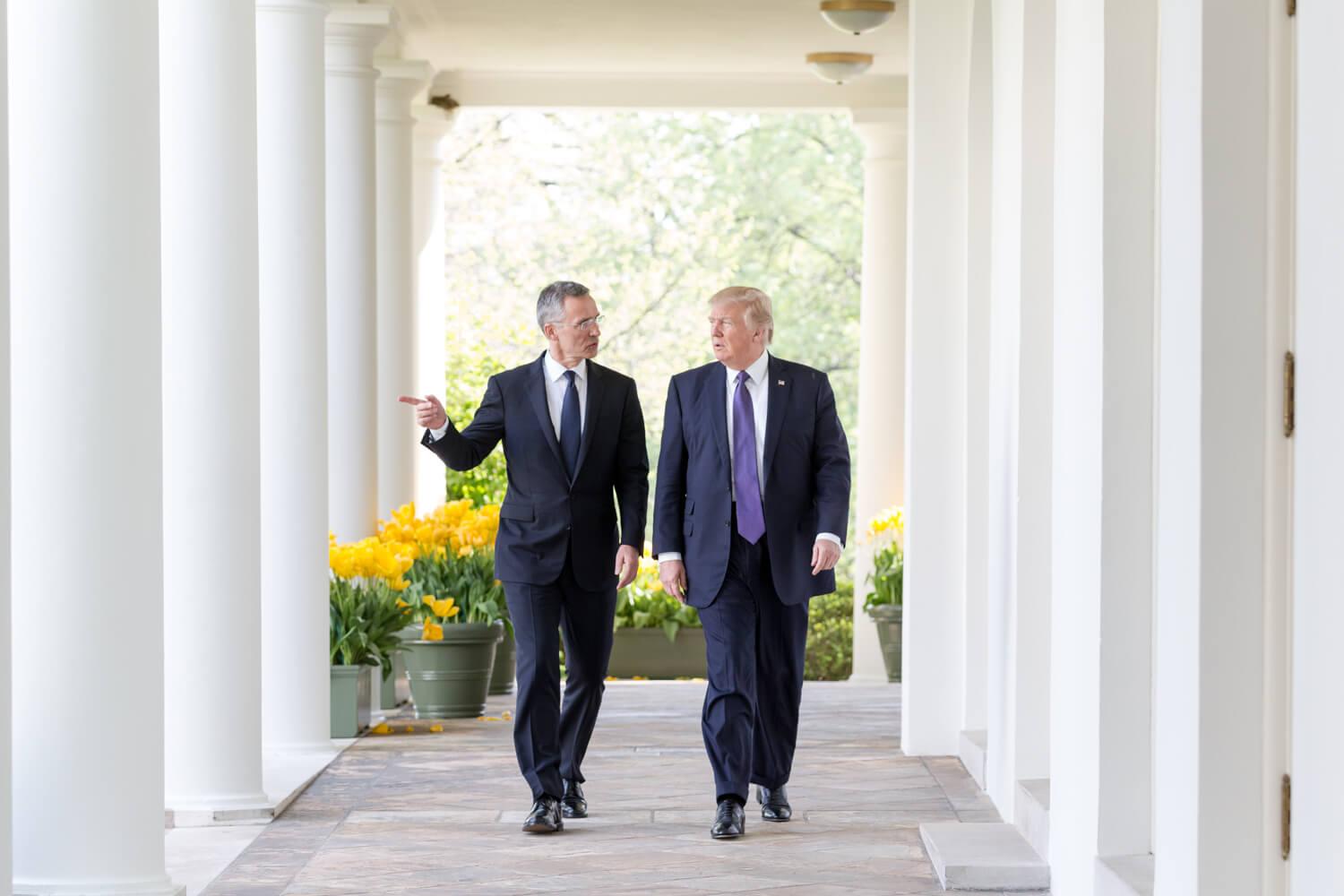Trade deals, immigration, and alliances — those are the three bonds that bind America to the rest of the world.
Whether it is for better or worse, these relationships cannot be erased. They will last for as long as the United States and other countries exist.
That’s a lesson that needs to be taught to President Donald Trump.
America can no longer make other countries meet its demands by threatening to leave trade pacts and alliances.
Contrary to what many Americans choose to believe, these foreign nations have just as much power over us as we do over them.
Those are basic facts of life that can’t change.
There is only one facet of these relationships that can change: their status as either harmful or beneficial.
For instance, take a look at Trump’s handling of NAFTA [North American Free Trade Agreement]. On the White House’s policy page of “America First,” the Trump Administration claims that if President Trump’s demands are refused, he’ll immediately “give notice of the United States’ intent to withdraw from NAFTA.”
Trump is trying to create more American jobs, but a pre-ordained threat definitely stretches the United States’ relationship with Mexico and Canada, the other members of the trade agreement.
It is good to bear America’s interests in mind, but the President needs to be capable of compromising.
America’s economy grows by one percent a year because of NAFTA, according to the United States Department of Agriculture. Yet, Trump still insists on bullying Mexico and Canada into giving America a larger share of the rewards.
Likewise, forcing Mexico to pay for a border wall and sticking a tariff on Canadian lumber aren’t exactly ways to make our allies want to help us.
If both countries chose to respond to Trump, they could easily create their own tariffs for the few American exports that they receive. This would cause heavy losses in American markets.
Respectively, Trump’s increasing demands of money and military support from NATO [North Atlantic Treaty Organization] allies are creating similar disagreements with western Europe.
Following Trump’s meeting with European leaders from NATO on May 28, Angela Merkel, the chancellor of Germany, said, “The times in which we could rely fully on others — they are somewhat over.”
Given that Trump has cited North Korea as one of the greatest threats to America, it’s time for the United States to rejoin its European allies in a renewed plan for protection.
This isn’t going to happen if the commander-in-chief accuses these other nations of not spending enough, plans to withdraw funding from NATO, and chooses to not support the Paris Accords for climate change.
But until Trump chooses to leave NATO and NAFTA, the United States and its foreign partners will simply have to compromise for each other to reach an agreement.


